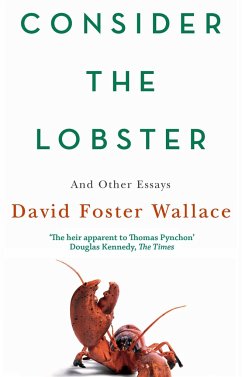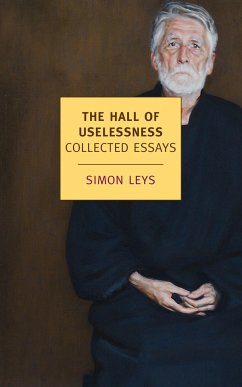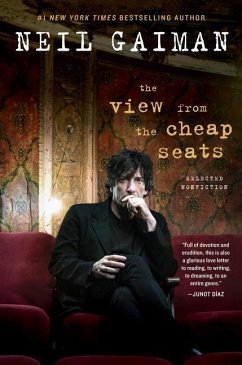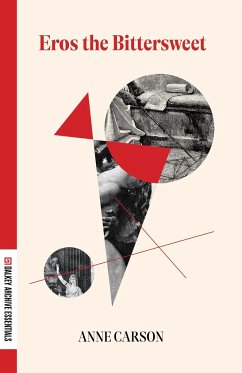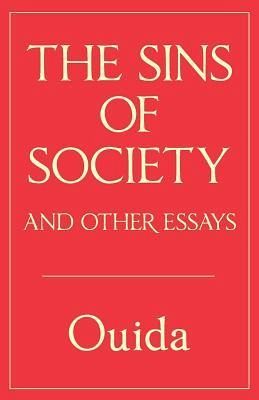
The Sins of Society and other essays
Versandkostenfrei!
Versandfertig in 2-4 Wochen
19,99 €
inkl. MwSt.

PAYBACK Punkte
10 °P sammeln!
Ouida had one of the most powerful radical conservative voices of the late nineteenth century. Known primarily as a colourful and eccentric novelist, she embodied in her forthright essays a much more piercing energy and single-minded verve. The majority of these ten essays were first published in the early 1890s in the pages of the Pall Mall Magazine, the Fortnightly Review and the North American Review, journals of serious cultural and political debate where she rubbed shoulders with commentators of all persuasions. Ouida's decidedly original point of view added fire to their bloodstreams. Al...
Ouida had one of the most powerful radical conservative voices of the late nineteenth century. Known primarily as a colourful and eccentric novelist, she embodied in her forthright essays a much more piercing energy and single-minded verve. The majority of these ten essays were first published in the early 1890s in the pages of the Pall Mall Magazine, the Fortnightly Review and the North American Review, journals of serious cultural and political debate where she rubbed shoulders with commentators of all persuasions. Ouida's decidedly original point of view added fire to their bloodstreams. All manner of subjects interested her, whether it be what she saw as the phenomenal vulgarity and dangerous venality of modern society in The Sins of Society, Conscription and O Beati Insipientes!, or the nature-hating disasters of modern outdoor design and town planning in Gardens and The Passing of Philomel, or, most searchingly, the grotesque stupidities of the modern political and cultural life of her beloved adopted Italy in four passionate cries of outrage included here. Perhaps this book's most amused and cool-headed piece, The Failure of Christianity, strips away the humbug of organised 'religion' and demolishes its time-serving with panache. In all of these pieces Ouida takes no prisoners. Utterly independent in outlook, she is more than happy to heap malediction upon the heads of peasant and royal alike, to praise unfashionable viewpoints, and to strike a blow, as she saw it, for those few enlightened souls who were in love with freedom, inspired by history, architecture and art, enthused by nature and empathetic toward animals. For Ouida, these qualities of higher sensitivity were definitive of civilisation in its true sense, and horrendously lacking in late nineteenth century Europe. One can only wonder with a shiver what she would have made of our twenty-first century life...




